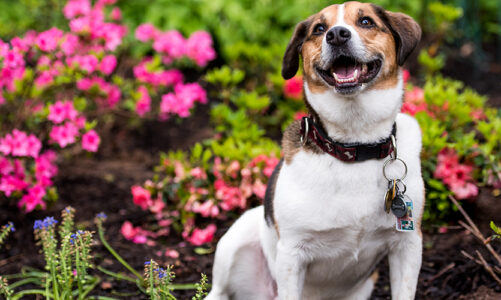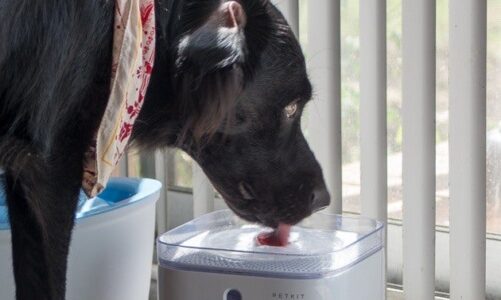You are ready to welcome a four-legged puppy into your home. An exciting moment, a certainly unique emotion. We bet that you have bought the first croquettes, placed the kennel and chosen a nice toy, so as not to miss anything.
Everything is ready, you can go and get the puppy. After the frenzy of the first days, dictated by the friendly scuffling heard while walking around the house, or by the funny gestures of the new furry friend, a few sleepless nights for some, here comes the time to ask the fateful question: how can I educate and train my dog?
Dog trainersat Dog Training Singapore are ready to present you with a real in-depth study dedicated to the issue, to solve all your doubts.
Educating and training a dog: what it means?
Dog education can begin as soon as the puppy crosses the threshold of the house, while it is preferable to undertake a training course from 6 months, within special facilities and with specialized personnel.
One of the first rules to keep in mind when starting an education and / or training path is time.
Not always educating the dog independently can be easy and immediate. Precisely for this reason the figures of the dog trainer and educator take care of the behaviour of your little four-legged friend. It is important to learn to relate to and educate the dog you brought home, so that you can have a satisfying and problem-free life with him. These professionals teach you how to educate a puppy or an adult, in any situation or condition.
Answers to frequently asked questions about dog training and education
When can you start educating a dog? The answer is simpler than you expect: whenever the puppy has passed the early stages of its development (neonatal period, transition period and the first weeks of the socialization period, between 21 days and 4 months), you can start to educate him.
What to do up to 8 weeks of age? In the first two months of life, the puppy’s parents and / or siblings will be educated. It is very important that the growth takes place in an appropriate context and that – obviously if possible – the puppy is never estranged from the family ahead of time. Starting from 2 months of age, the dog should begin to know and be exposed in a controlled manner to contexts, stimuli, animals, people and all kinds of situations.
How can I involve the dog in everyday life? After the first two months, you can finally start the education phase.Maybe your four-legged friend will be fascinated by slippers, sofas, shoes and will go and explore everything that is beautiful around him.
It will be your task and that of the trainer, if you decide to contact a professional, to check and show him what he can do and what not, to present him with the tools for his daily life (the dog park, get used to traveling by car, the leash, the harness, etc.), as well as the world around him, always in a positive way, without stress or excessive stimuli.
From education to training: what to know?
Once the critical phase has been overcome, and also during the last weeks of this, begin to introduce exercises such as luring (chasing food) and the first positions of obedience (sitting, on the ground, staying) by means of small prizes and the language of gestures.
As the dog begins to mature, begin to propose a more concrete education and training work.In many aspects, his education will start earlier (hygiene rules, controlled walks, etc.) but now it is time to create a good structure in all these contexts so that the dog can spend his days with your supervision.
Dog obedience training is useful because if the animal lived in its natural environment, not interacting in any way with the “culture” of man, it would certainly not need to be educated. This need arises when you decide to make it live in an urban environment, with rules that are not those of nature but of man.
Seeing a dog that listens and responds to stimuli will make it easier to motivate the dog and, in turn, will be more willing to work and learn with the owner. At the same time, as education and training progress, you can begin to increase the requirement criterion, something that would be unfair with a puppy, but which is necessary with the correct teaching.




